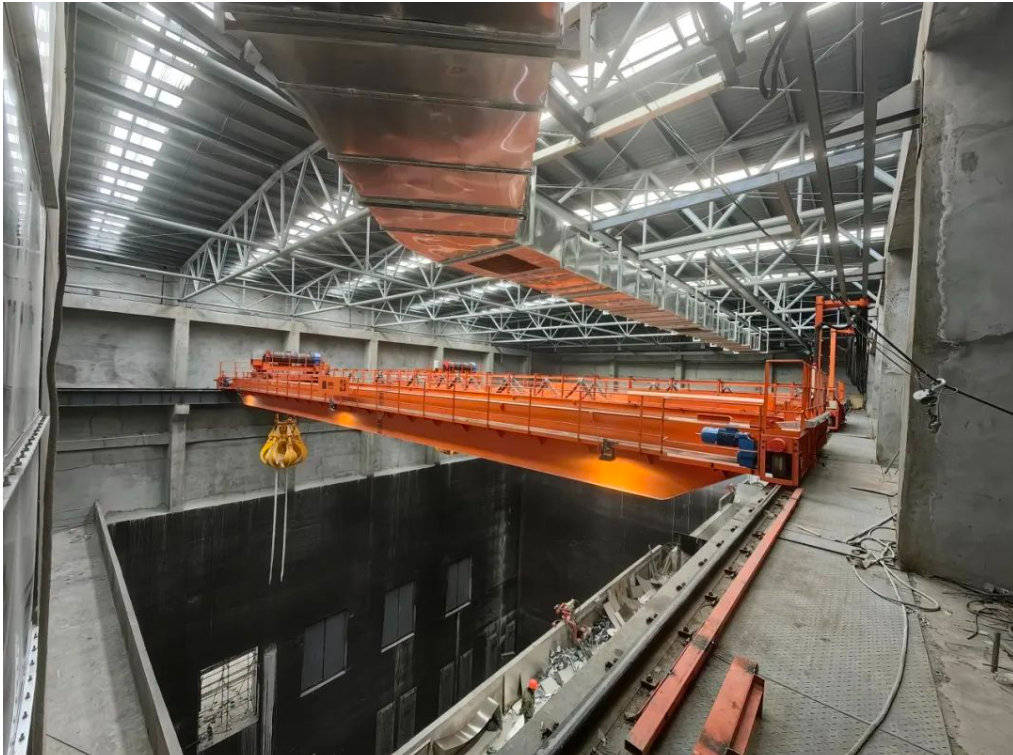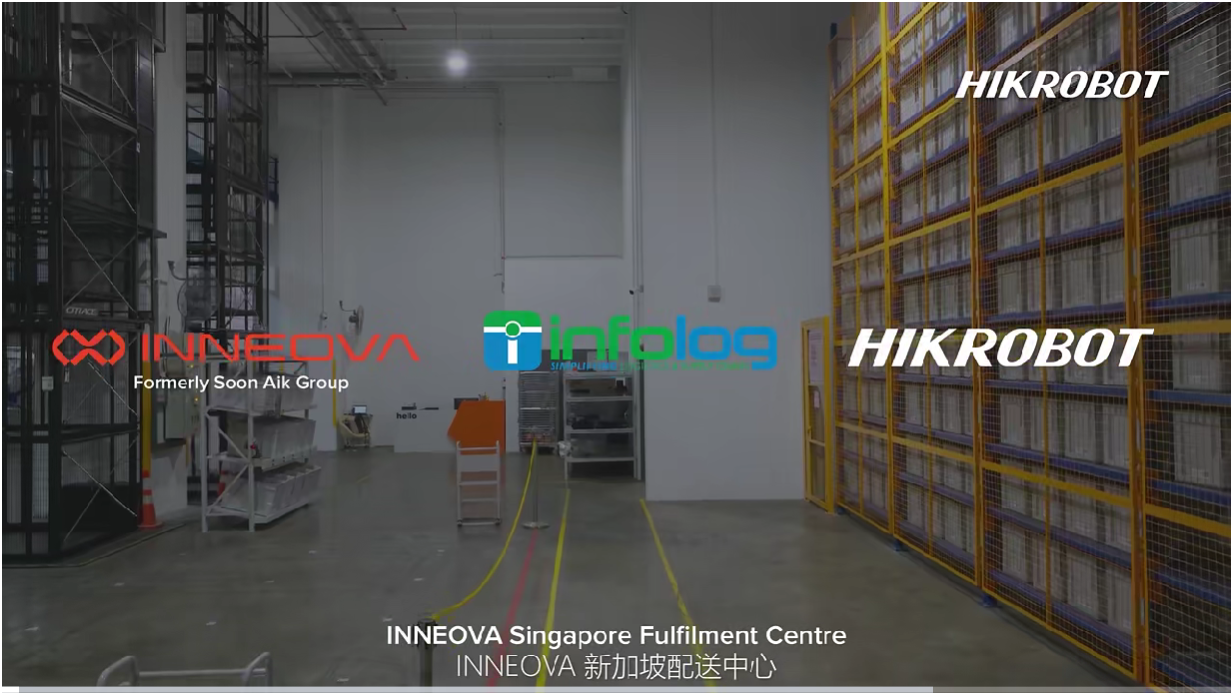随着疫情结束,企业的产能渐渐走向复苏,制造业APS系统渐渐走入制造业企业家的视角,小编整理了一份APS的资料,从APS的诞生到现在APS的困难与挑战,带大家了解制造业APS系统是什么?
APS是什么?制造业APS的起源
 制造业APS是什么?制造业APS困难与挑战
制造业APS是什么?制造业APS困难与挑战随着矛盾的凸显,美国生产与库存控制协会(APICS)于1975年开始进行工厂计划与管理方面的研究,终于在20世纪60年代计算机商业化应用后,物料需求计划系统(MRP)面世。从此在工厂计划领域开始了从MRP到MRPII再到企业资源计划(ERP)的演进过程。随着制造业进入个性化量产阶段,人们意识到MRP、MRPII、ERP一直存在两大缺陷,一是无限产能逻辑下的计划可执行性低,二是无法给出日常的细粒度生产排程。后者已经越来越被发现是制造业降本增效的一大瓶颈。
直到20世纪90年代,随着管理理论和计算机技术的发展,高级生产计划与排程系统(APS)诞生,可根据既定的生产目标,在物料和产能约束下给出对各种生产资源和供需规划的同步决策,填补了MRP和ERP在精益化决策能力上的不足。
APS的现状是什么?常态下制造业APS的挑战
 制造业APS是什么?制造业APS困难与挑战
制造业APS是什么?制造业APS困难与挑战APS不仅集成了MRP的物料计划功能,还拥有了更强大的生产决策规划能力。不但可以同步考虑物料、产能、人员、运输、财务等资源约束,而且可以根据供求情况,对生产的长期规划和短期排程给出一致性的优化决策。但制造业发展到今天,小批量多批次柔性生产已经成为新常态,不断优化的生产流程和创新技术,使得APS在功能架构和决策能力上面临众多新挑战。
1.制造业APS系统挑战一:更多约束条件的考虑
 制造业APS是什么?制造业APS困难与挑战
制造业APS是什么?制造业APS困难与挑战制造业进入了个性化量产阶段,差异化服务能力直接影响企业的竞争力,制造业通常根据客户定制需求设计一些基本产品类型,甚至大量生产唯一定制的产品。在生产计划时要充分考虑工治具等生产约束条件,快速输出可行的排程方案。同时还要处理工厂内外可能出现的不确定性和各种异常扰动,并敏捷、动态的恢复计划与调度的可行性。
2.制造业APS系统挑战二:场景适应性优化
 制造业APS是什么?制造业APS困难与挑战
制造业APS是什么?制造业APS困难与挑战随着新冠疫情全球蔓延,国际供需形势变幻莫测,对于制造业来说也加剧了生产的不确定性,这需要APS系统能根据生产状况最大限度的对多个生产目标进行动态优化。在供不应求的情况下,最大化生产效率;在需求紧缩的情况下,尽量节约生产成本;在库存高的阶段,将库存水位优化作为核心目标。实现灵活配置,灵活调整。
3.制造业APS挑战三:快速部署的挑战
 制造业APS是什么?制造业APS困难与挑战
制造业APS是什么?制造业APS困难与挑战随着工业化步伐的不断前进,制造业生产经营管理模式也发生着翻天覆地的变化,传统的单一工厂独自经营的生产模式已不能适应日新月异的市场发展趋势。订单的爆发,新生产线的投产,快速建设、启动新厂区会成为制造业随时可能会被提上日程的规划。传统APS部署难,落地慢这一老大难问题成为企业业务拓展的障碍。
面对以上挑战,传统APS规则僵化、无法处理复杂生产约束、落地部署难等问题凸显,催生着APS向着更强大的一代进化。
根据数字化转型网(搜索栏输入:中国数字化转型网,即可了解详情)的资料,APS是企业数字化转型非常重要的一环。根据数字化转型网的APS研究报告,APS是医药、化工行业、服装行业、机械装备制造业行业、电子机电行业、汽车、汽车零部件行业、家具家电、消费品等行业企业必须具备的管理系统软件,
在搜索引擎搜索栏,搜索“中国数字化转型网”,即可找到数字化转型网的网站。在行业数字化转型中起到非常重要的作用。数字化转型网还有大量的资料和方案:包括Blue Yonder APS、Preactor APS、PlanetTogether APS、APSRPVA、达索APS、O9APS、杉数APS、用友APS、美武APS、谷器数据APS、安达夫APS、科致APS、鼎捷APS、微优微APS、永凯APS,这些公司的介绍资料都可以在数字化转型网找到,找数字化转型方案到数字化转型网。
翻译
With the end of the epidemic, the production capacity of enterprises is gradually recovering, and the manufacturing APS system is gradually entering the perspective of manufacturing entrepreneurs. Xiaobian has compiled an APS information, from the birth of APS to the present difficulties and challenges of APS, to take you to understand what is the manufacturing APS system
What is APS? The origin of manufacturing APS
What is the manufacturing APS? Manufacturing APS difficulties and challenges
As the conflict became apparent, the American Production and Inventory Control Institute (APICS) began a study of plant planning and management in 1975. Finally, in the 1960s, computers were commercialized and the Material Requirements Planning System (MRP) was introduced. This is the beginning of the evolution from MRP to MRPII to enterprise resource planning (ERP) in the field of plant planning. As the manufacturing industry enters the stage of personalized mass production, people realize that MRP, MRPII and ERP have always had two major defects. One is that the plan execution is low under the logic of infinite production capacity; the other is that the daily fine-grained production schedule cannot be given. The latter has increasingly been found to be a bottleneck in manufacturing efficiency.
Until the 1990s, with the development of management theory and computer technology, advanced production planning and scheduling system (APS) came into being, which can make synchronous decision on various production resources and supply and demand planning under the constraints of material and capacity according to the established production targets, filling the shortage of lean decision-making ability of MRP and ERP.
What is the current status of APS? The challenge of manufacturing APS under normal conditions
What is the manufacturing APS? Manufacturing APS difficulties and challenges
APS not only integrates the material planning functions of MRP, but also has more powerful production decision planning capabilities. Not only can resource constraints such as material, capacity, personnel, transportation and finance be considered simultaneously, but also consistent optimization decisions can be made on long-term planning and short-term scheduling of production according to supply and demand. However, with the development of the manufacturing industry today, small-batch and multi-batch flexible production has become the new normal. Continuous optimization of production process and innovative technology make APS face many new challenges in functional architecture and decision-making ability.
1. Manufacturing APS system Challenge I: Consideration of more constraints
What is the manufacturing APS? Manufacturing APS difficulties and challenges
The manufacturing industry has entered the stage of personalized mass production, and the differentiated service ability directly affects the competitiveness of enterprises. The manufacturing industry usually designs some basic product types according to the customized needs of customers, and even mass-produces only customized products. In the production planning to fully consider the production constraints such as fixture, quickly output feasible scheduling scheme. At the same time, it is also necessary to deal with the uncertainties and various abnormal disturbances that may occur inside and outside the plant, as well as the feasibility of agile and dynamic recovery planning and scheduling.
2. Manufacturing APS system Challenge II: Scenario adaptability optimization
What is the manufacturing APS? Manufacturing APS difficulties and challenges
With the global spread of COVID-19, the international supply and demand situation is unpredictable, which also intensifies the production uncertainty for the manufacturing industry, which requires the APS system to maximize the dynamic optimization of multiple production targets according to the production situation. Maximize production efficiency when demand exceeds supply; In the face of tight demand, try to save production costs; In the stage of high inventory, the optimization of inventory water level is regarded as the core objective. Achieve flexible configuration, flexible adjustment.
3. Manufacturing APS Challenge 3: Rapid deployment Challenge
What is the manufacturing APS? Manufacturing APS difficulties and challenges
With the continuous progress of industrialization, the production and management mode of manufacturing industry is also undergoing tremendous changes. The traditional production mode of single factory operating alone can no longer adapt to the changing trend of market development. A burst of orders, the opening of new production lines, and the rapid construction and start-up of new plants are all things that can be put on the manufacturing agenda at any time. The traditional APS deployment is difficult and the implementation is slow, which has become an obstacle for enterprises to expand their business.
In the face of the above challenges, traditional APS rules are rigid, unable to deal with complex production constraints, difficult deployment and other problems become prominent, which has led to the evolution of APS towards a more powerful generation.
According to the Digital transformation network (search: China Digital Transformation network, you can learn more), APS is a very important part of the digital transformation of enterprises. According to the APS research report of the digital transformation network, APS is a management system software that must be possessed by enterprises in pharmaceutical, chemical industry, clothing industry, machinery and equipment manufacturing industry, electronic and mechanical industry, automobile, auto parts industry, furniture and household appliances, consumer goods and other industries.
In the search engine search bar, search "China Digital Transformation network", you can find the website of digital transformation network. It plays a very important role in the industry digital transformation. The Digital Transformation Network also has a wealth of information and programs: Including Blue Yonder APS, Preactor APS, PlanetTogether APS, APSRPVA, Dassault APS, O9APS, Sugishu APS, Yonyou APS, Meiwu APS, Guji Data APS, Andafu APS, Kezhi APS, Dingjie APS, Weiyouwei APS, Yongkai APS, the introduction of these companies can be found in the digital transformation network, looking for digital transformation plan to the digital transformation network.
 2023-09-09 18:37
2023-09-09 18:37 [导读]
[导读]
